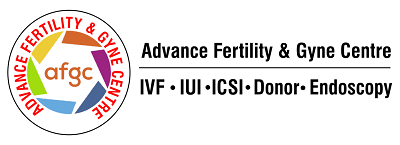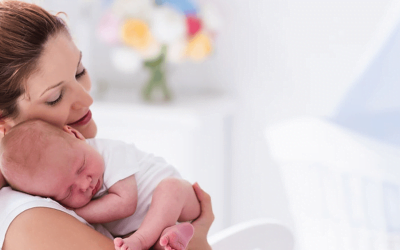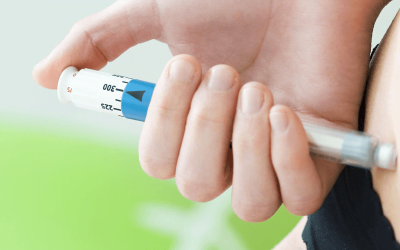IVF Pregnancy

After a positive pregnancy test, post embryo transfer medications are continued for another two weeks. To confirm the location, and the number of pregnancies, a pregnancy scan is taken. In most cases, we are able to detect cardiac activity by this time, and medical support from our end is continued until completion of three months.
The continuation of a successful IVF pregnancy is a natural process, and neither can the pregnant woman nor the doctor can do much apart from wait and watch as the pregnancy progresses. Occasionally, spotting or bleeding may occur during IVF stages, which may be part of a healthy pregnancy, but can also indicate a miscarriage or in very rare cases a pregnancy in the tubes.
After the lapse of the three-month period, there is a reassurance that things will continue to proceed smoothly. Medical support of the pregnancy is carried on and routine antenatal visits including ultrasounds are recommended like any other pregnancy.
The route of delivery is decided by the status of the neck of the womb or cervix when the pregnancy reaches term, and other factors like a previous caesarean section. Normal vaginal delivery can be recommended for IVF pregnancies, but the threshold of alarm is kept high for the precious nature of the pregnancy. Hence, obstetricians often prefer to perform a caesarean section when deemed necessary.
Multiple pregnancies might be detected in the ultrasound after a positive pregnancy test two weeks later, and retaining twins instead of triplets is usually recommended in such cases, since the chances of preterm delivery for triplets is as high as 30%. Cervical cerclage, which are stitches around the cervix is recommended to avoid premature delivery for such cases.
For further queries related to the treatment, Please call +91-9871250235 or write to contact@advancefertility.in






